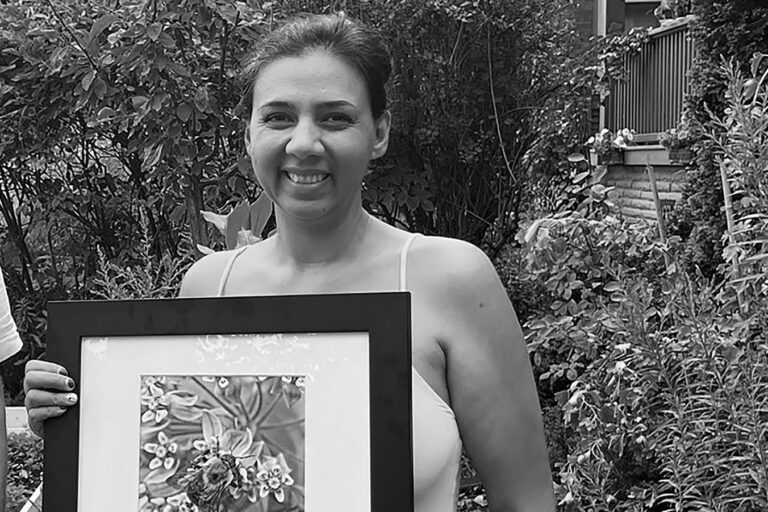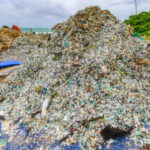Most people would have walked past the flower. Even fewer would have recognized the insect on it. But in 2009, Sheila Colla did both. As her car left Ontario’s Pinery Provincial Park, she called for it to stop. There, small and inconspicuous, was Canada’s last known rusty-patched bumblebee. A fuzzy blur of wings and urgency, it had once been common. Now it was vanishing. So, too, was the world it helped sustain. Colla had been looking for this bee for years. She was not a nostalgic naturalist pining for lost meadows. She was a scientist of rare clarity, trained at the University of Toronto and York University, where she later became a professor. Long before pollinators became fashionable mascots for corporate “sustainability,” she sounded the alarm about their disappearance. Her research identified the culprits—disease spillover from managed bees, climate change, invasive species—and she translated these findings for policymakers, citizens, and children alike. She did not just publish in peer-reviewed journals; she taught entire cities to plant differently, think differently, live differently. At a time when honeybees stole the spotlight, she reminded the public that the vast majority of North America’s 4,000 wild bee species do not make honey. They do not live in hives. They are solitary, vulnerable, essential. Rusty patched bumblebee (Bombus affinis). Photo by Jill Utrup/USFWS With her field guide Bumble Bees of North America, and the bestseller A Garden for the Rusty-Patched Bumblebee, she made complex ecological science accessible. More than 20,000 people bought her guidebook; tens…This article was originally published on Mongabay
Search
Recent Research
Want your Blog Article featured on our website?
Research
Featured News
How to Make Your Home More Energy-Efficient in 2026
A practical, future-ready guide for lower bills and a smaller footprint Rising energy prices and
Sustainable Break Rooms: Greening the Office Pantry
Photo by Rodeo Project Management Software on Unsplash A break room may seem like a
Solar-powered AI streetlights to fund coastal highway construction
Nigeria’s long delayed Lagos-Calabar Coastal Highway is set to be rescued by thousands of AI-driven,
Big Data Analytics Enhances Renewable Energy sector
The sun doesn’t send bills, but energy companies using renewable energy do. And to keep
From COP30 to Sri Lanka, indigenous voices shape climate & food sovereignty
COLOMBO — When Indigenous groups converged at the entrance of the U.N. Climate Change Conference
Another threat to reefs: Microplastic chemicals may harm coral reproduction
As the sliver of a new moon shines over Kāneʻohe Bay, Oʻahu, millions of tiny
A Practical Guide to Choosing the Right Organizer Bins Online
Choosing organizer bins sounds simple — until you start comparing sizes, materials, and specs online.
How Lagos traders struggle as styrofoam gradually disappears in markets
Traders have continued to count their losses about five months after the Lagos State Government





